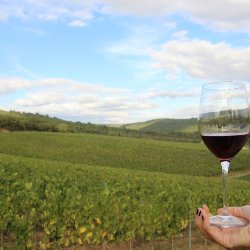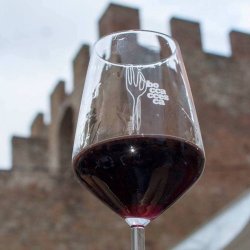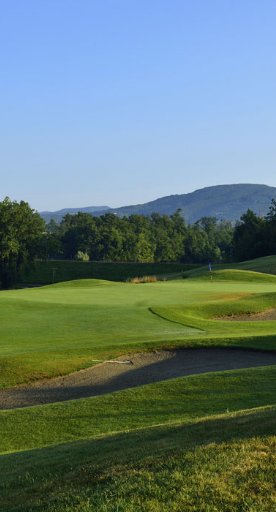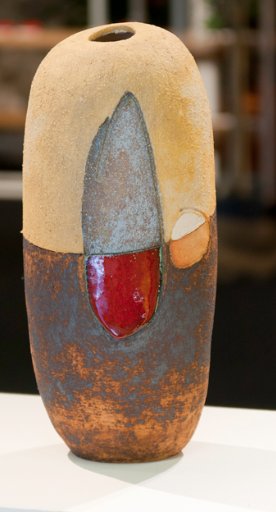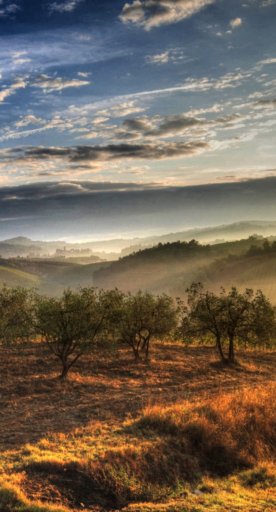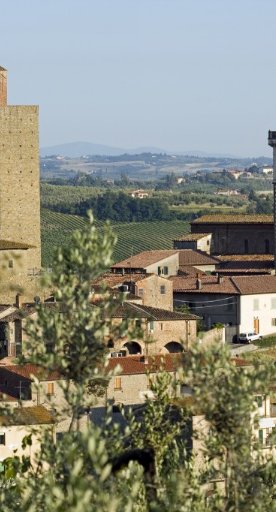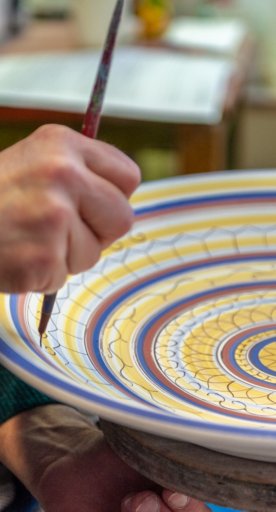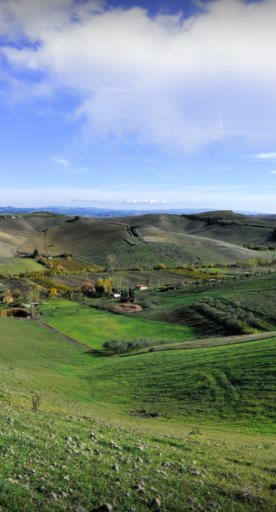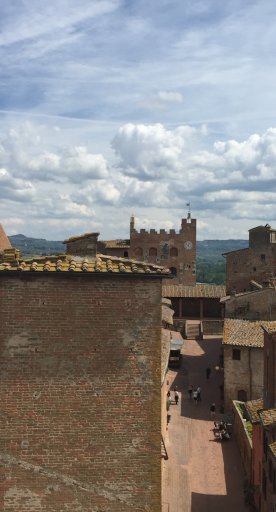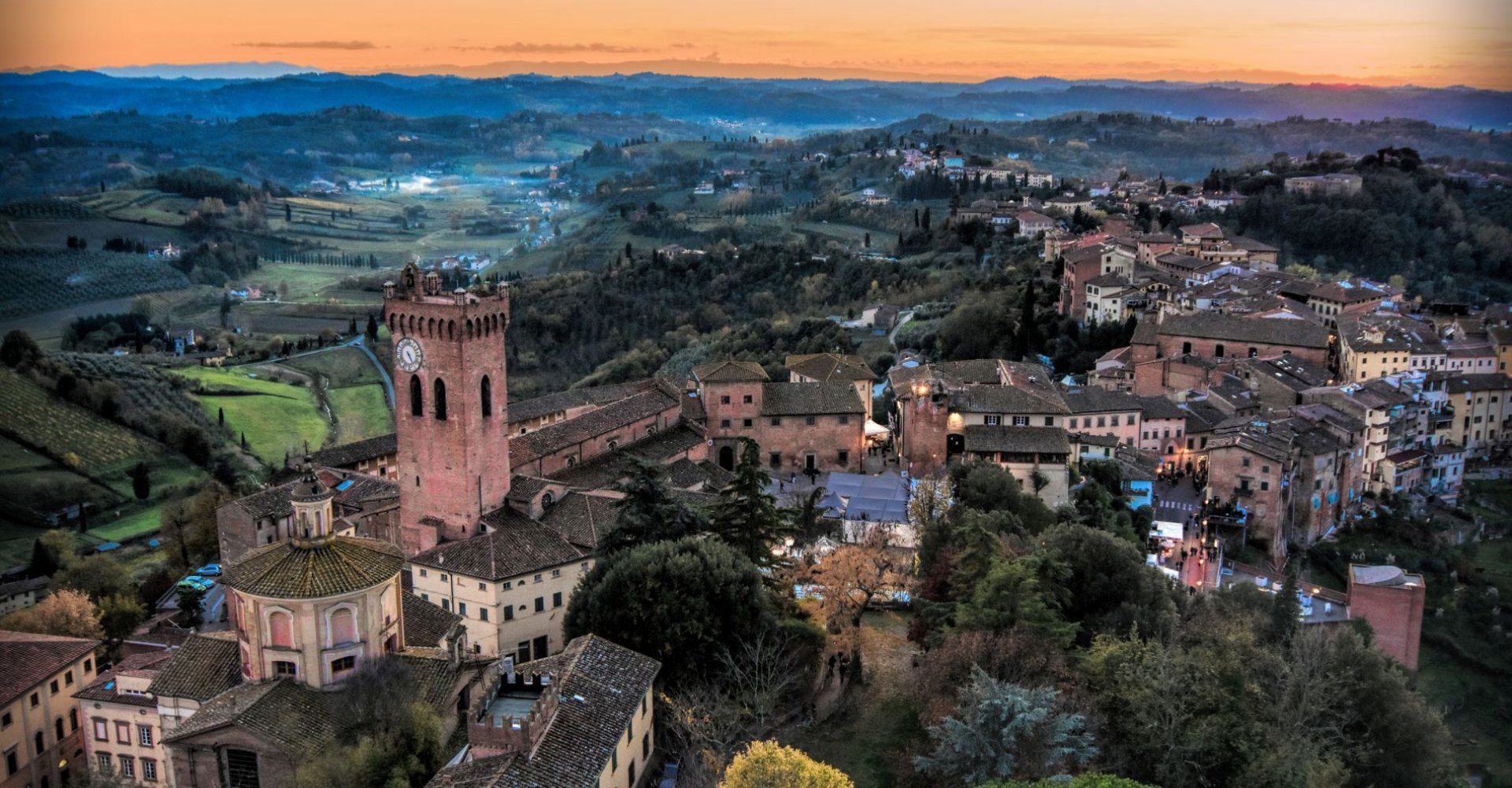

Truffle towns in Tuscany
From Crete Senesi to the hills around Pisa, skirting the Valdelsa: 8 towns devoted to the truffle
Tuscany is a region of a thousand flavors, able to bewitch every visitor. Among the protagonists of culinary tradition is undoubtedly the truffle, which the Latins called “tuber”. Praised by Pliny the Elder, Plutarch and many others, the truffle is a delicious product, synonymous with special extraction techniques, traditions, ancient crafts and legends.
Since 2021, Truffle Hunting and Extraction in Italy has been recognized by UNESCO as an Intangible Cultural Heritage of Humanity. This important milestone celebrates the ancient and tradition-rich practice, deeply rooted in Italy’s many truffle territories.
The are various types of truffle in Tuscany. Each species matures at a specific time of year—white truffles in autumn, black and brumal truffles in winter, marzuolo truffles in winter and spring, while scorzone and uncinato truffles are for summer and autumn.
To promote and exalt this food and wine heritage, the Associazione Nazionale Città del Tartufo (National Association of Truffle Cities) was created, counting several associated villages, including a number in Tuscany.
-
1.Arcidosso
-
2.Capolona
-
3.Castell’Azzara
-
4.Montaione
-
5.Montespertoli
-
6.Palaia
-
7.San Giovanni d’Asso
-
8.San Miniato
Arcidosso

Arcidosso is a lovely town near Monte Amiata vaunting a centuries-old food and wine culture, whose traditions date back to the Late Middle Ages. Allotments, vineyards, olive groves and orchards: the area has always had an abundance of quality produce that now appeal to foodies and tourists alike. In the autumn, Arcidosso becomes a haven for forest fruit lovers with its chestnuts, mushrooms and truffles.
Capolona
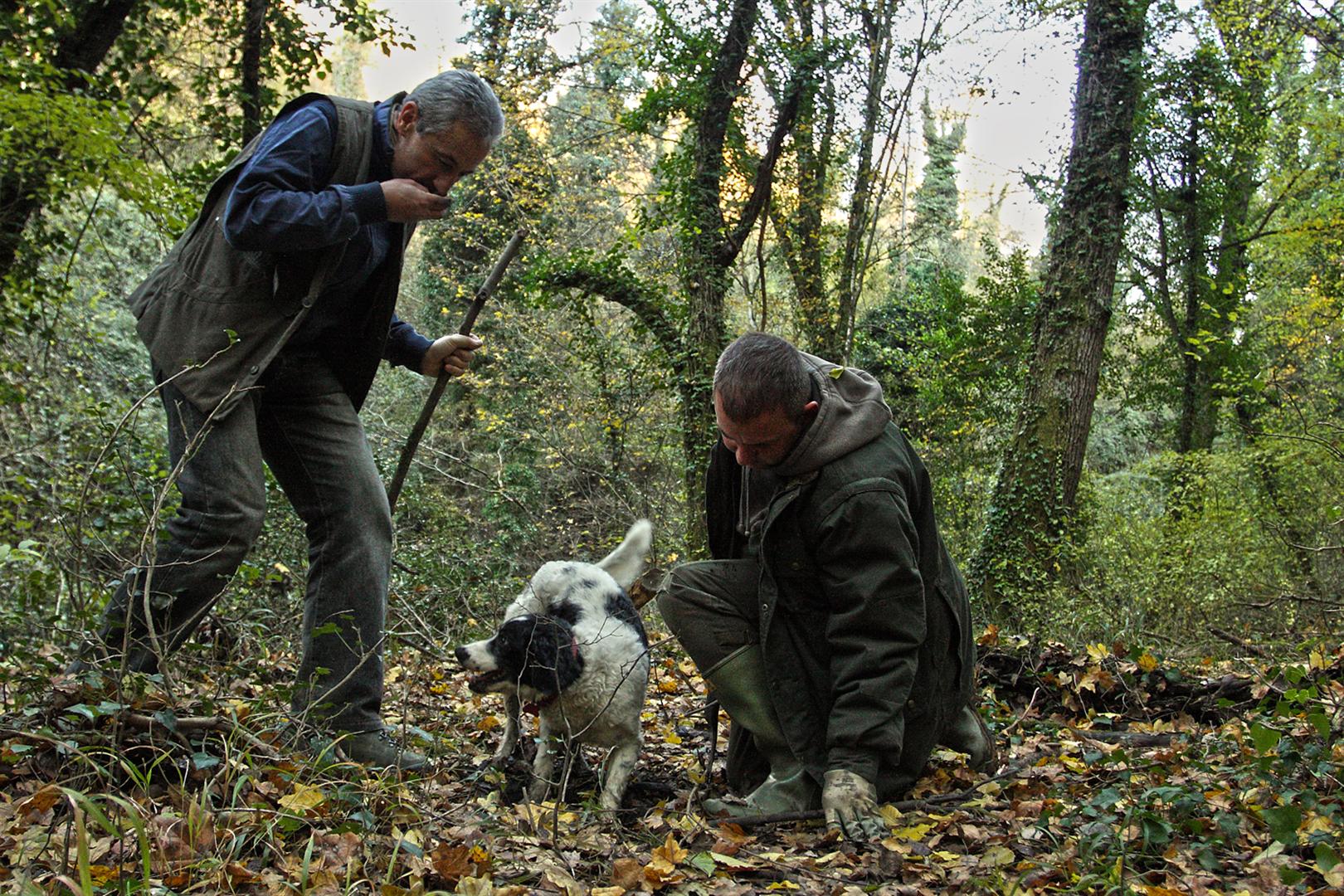
The Capolona area, near Arezzo, set among quintessential forests, is one of the leading and most abundant places for the marzuolo (or bianchetto) and scorzone truffles, as well as white truffles, albeit in smaller quantities. Filiera del Tartufo Marzuolo, a special event for experts and food lovers, is held on the third weekend in March.
Castell’Azzara
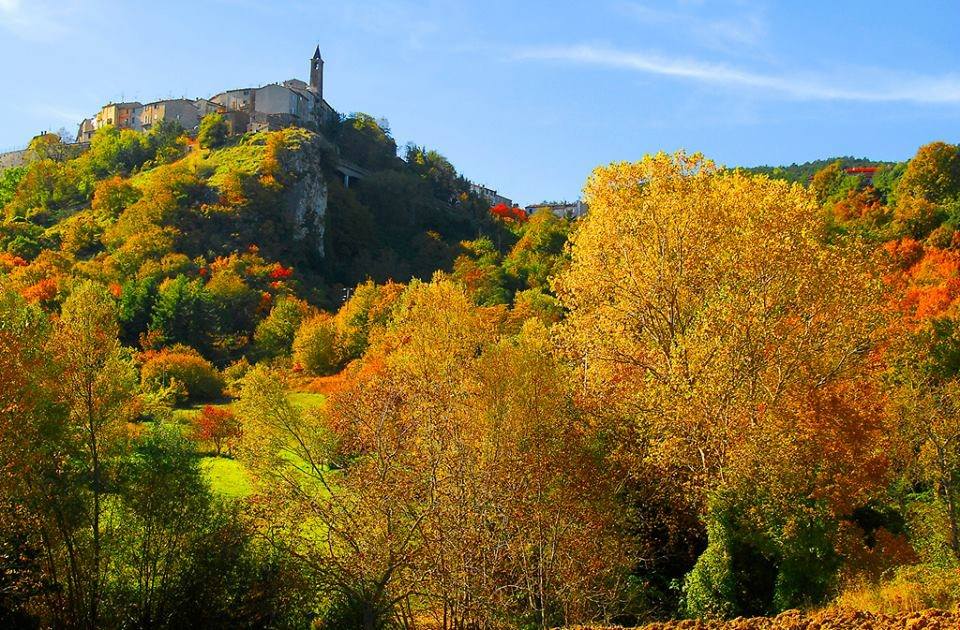
In Castell’Azzara, another town in the Amiata area, truffle hunting is part and parcel of local history. Countless truffle festivals take place here every year with live demonstrations and explanations by truffle hunters.
Montaione
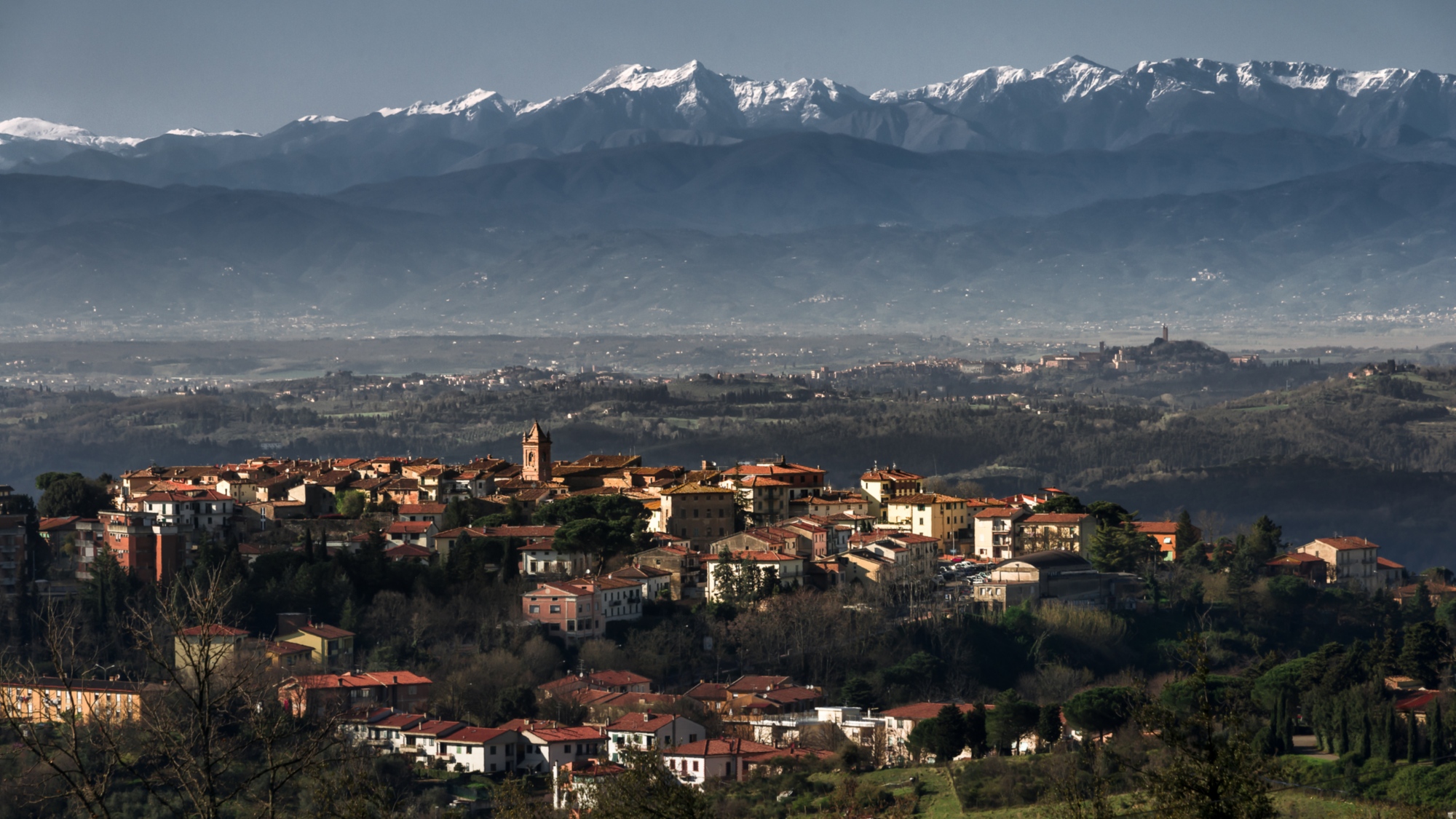
Montaione, covering a hillside in the heart of the Tuscan countryside in the Florence province, is surrounded by views of the Valdelsa, scattered with vineyards, olive groves and rows of cypress trees. White truffles grow in the woodland here, which are enjoyed by discerning consumers.
Tartufesta, a traditional festival held every October, puts the truffle firmly in the limelight.
Montespertoli
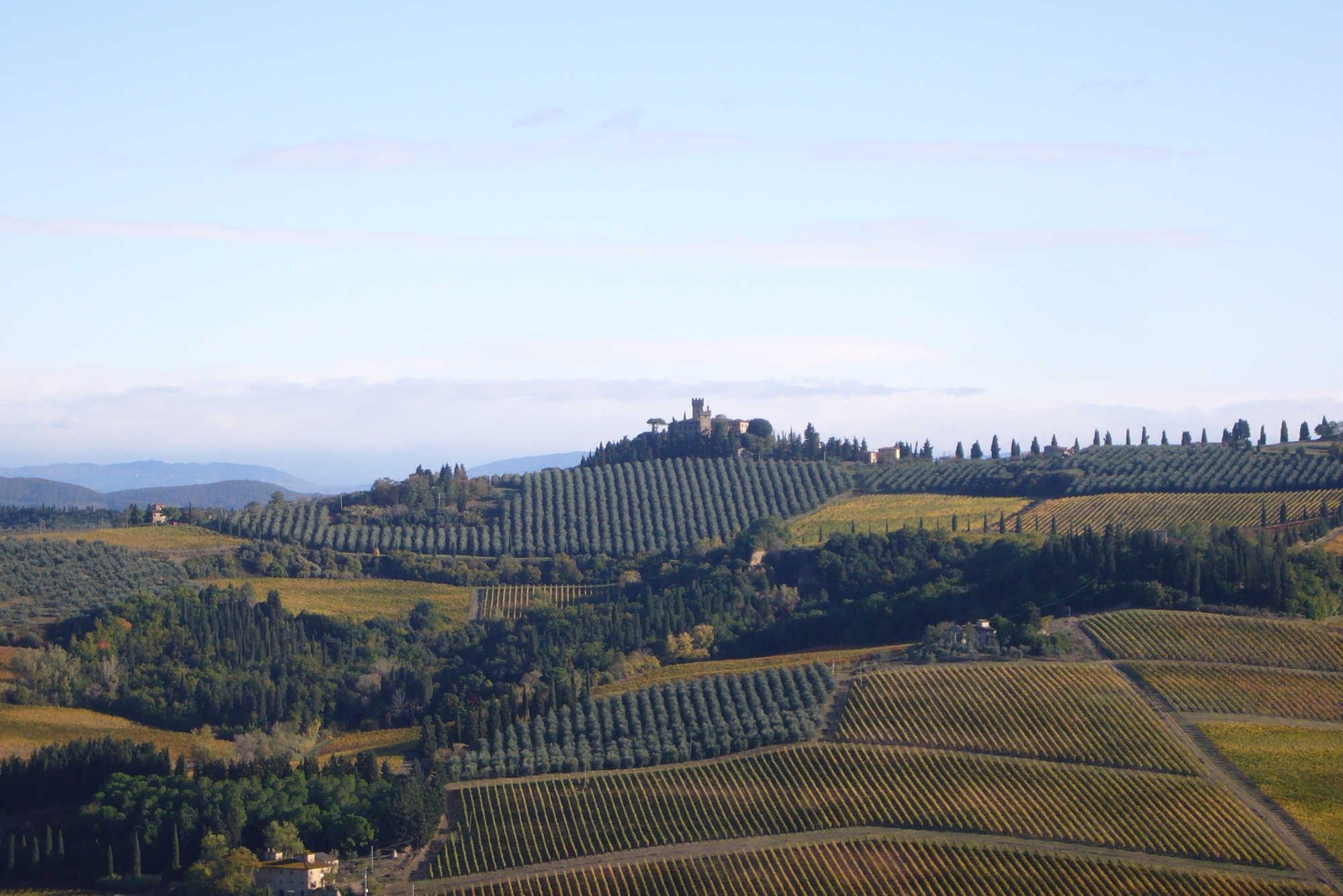
Montespertoli is also situated in the Valdelsa, an area famous since Etruscan times. Foodies can drive the winding Montespertoli Wine Trail and stop from time to time for a tasting. In the autumn and spring, truffles are a mainstay, often the star of the town’s events alongside wine, oil and crafts.
Palaia
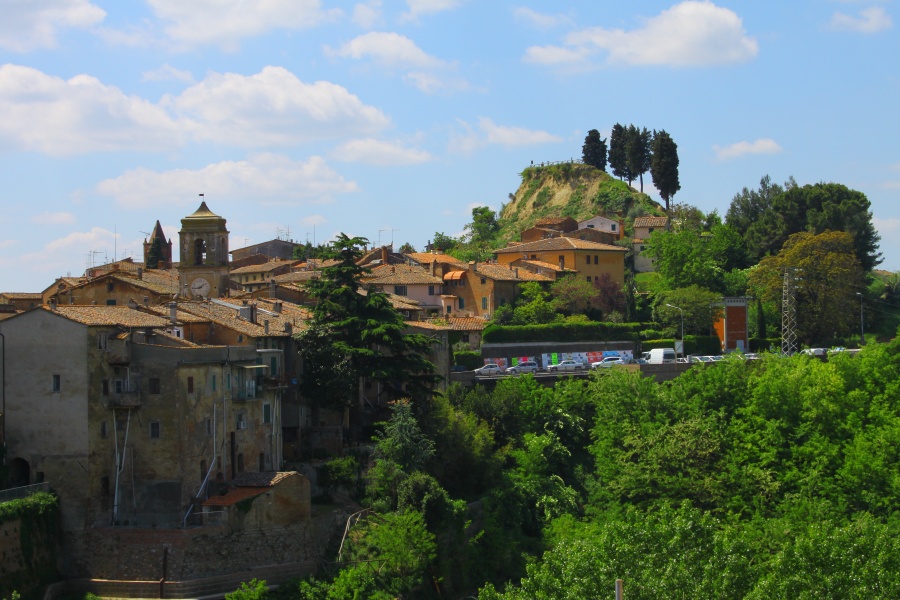
Located in the Pisa province, Palaia is a small country town that acts as the perfect setting for the truffle. The climate, surroundings and soil nurture the tuber into existence. Due to a recent partnership with the University of Pisa, there’s also an Identity Card especially for truffles, which helps researchers to identify the quality of the tuber.
San Giovanni d’Asso
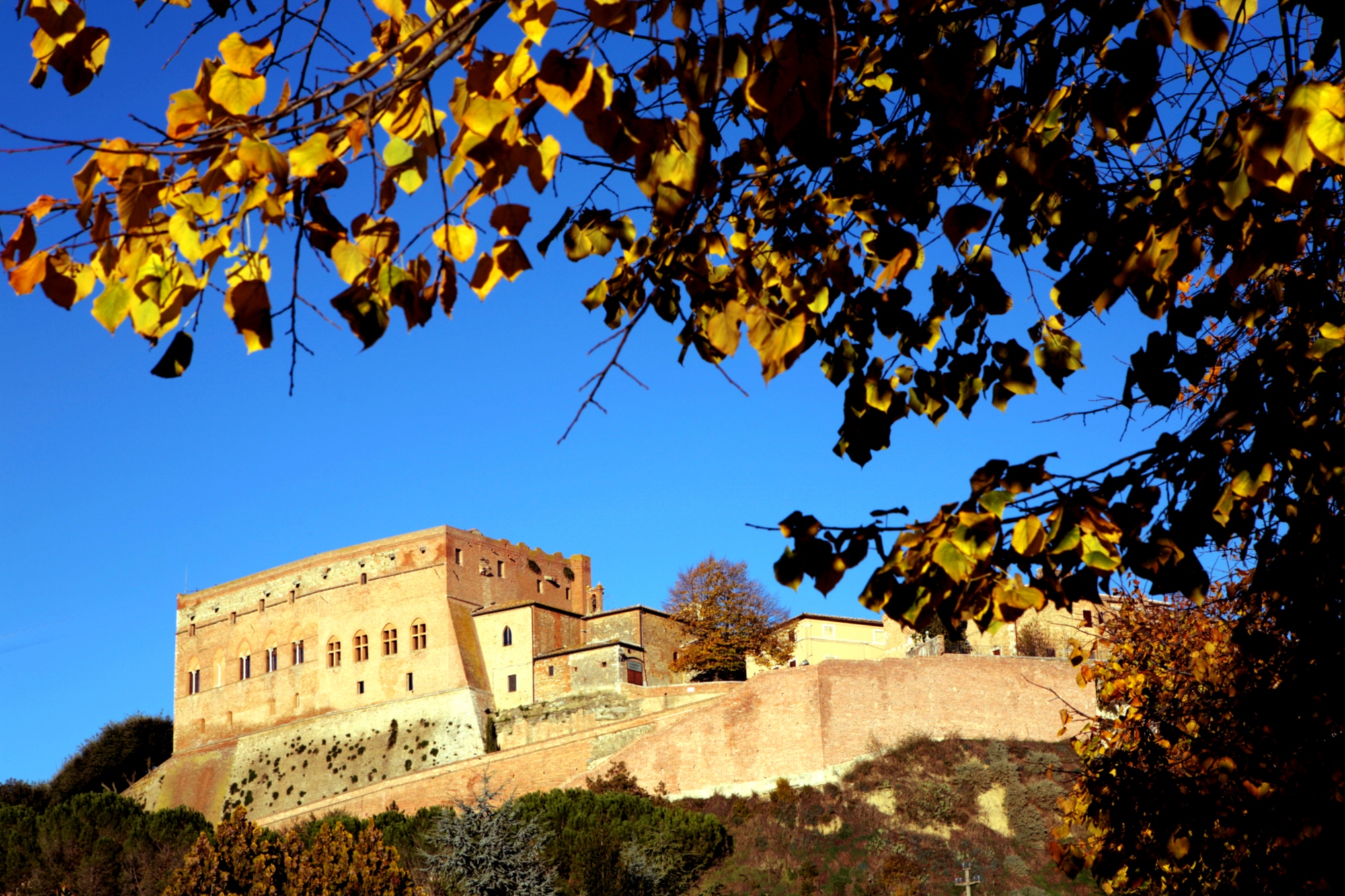
The Crete Senesi town of San Giovanni d’Asso boasts the first truffle museum in Italy, which explores the tuber’s traits, its history and growth.
Traditional local dishes include egg scrambled in broth with Crete Senesi white truffle and truffled Cinta Senese pork loin.
San Miniato
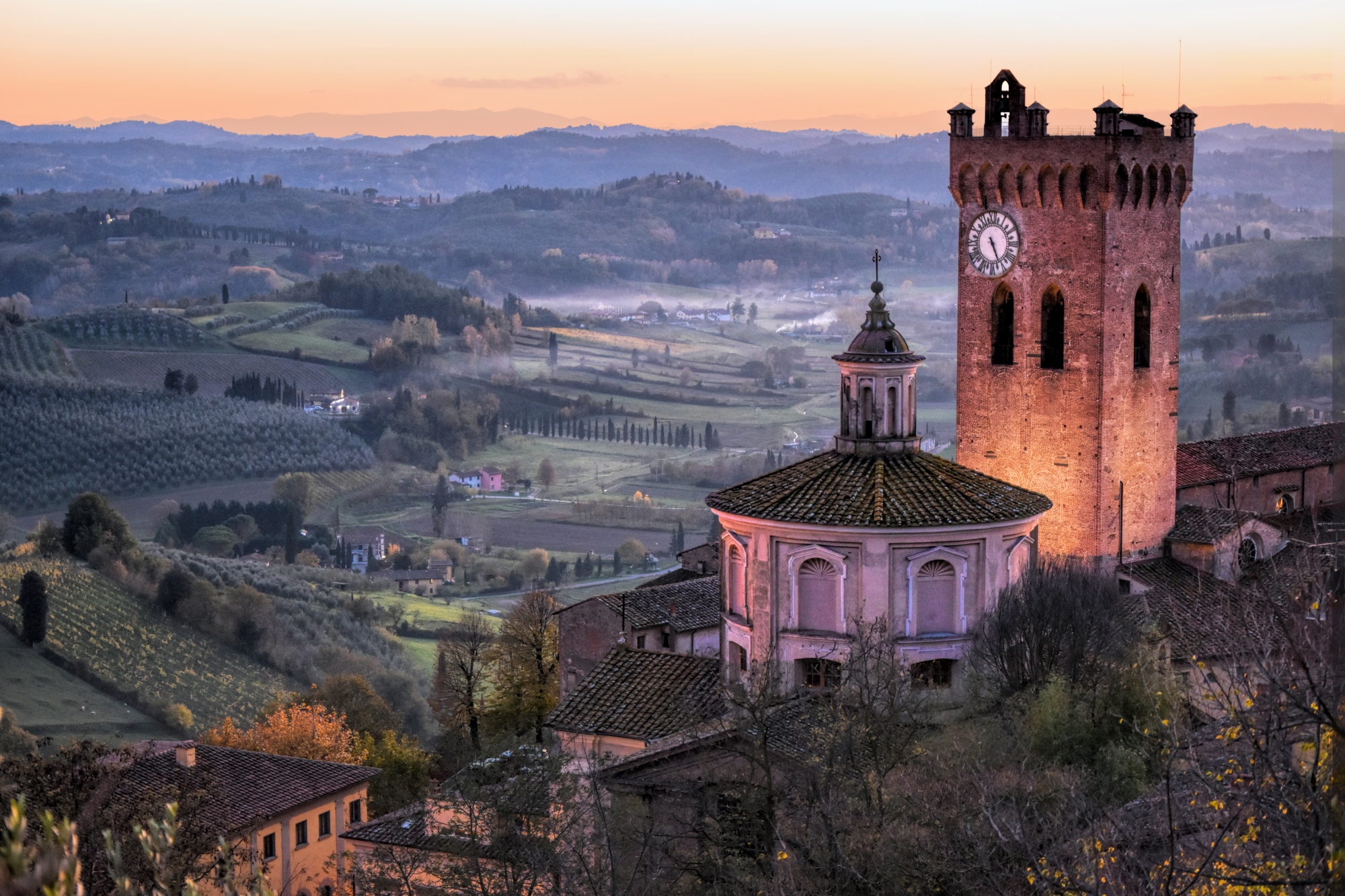
Situated along the Via Francigena, in the midst of the Pisan hills, San Miniato is the perfect place to stop and have a bite. Indulge in truffles here every autumn, surrounded by centuries-old architecture including the fortress. The local white truffle, known as the tartufo bianco delle colline sanminiatesi, is Tuber Magnatum Pico, ‘the Food of Kings’, regulated by strict rules and served at the finest restaurants.
Info: cittadeltartufo.com




